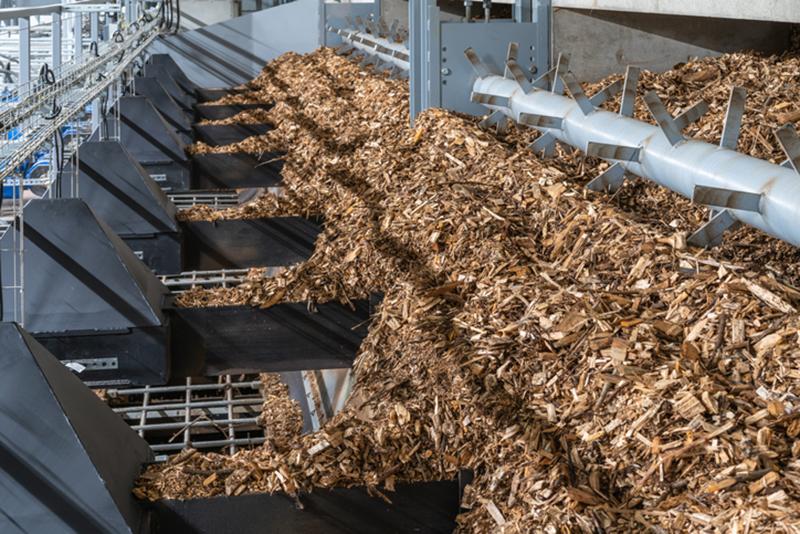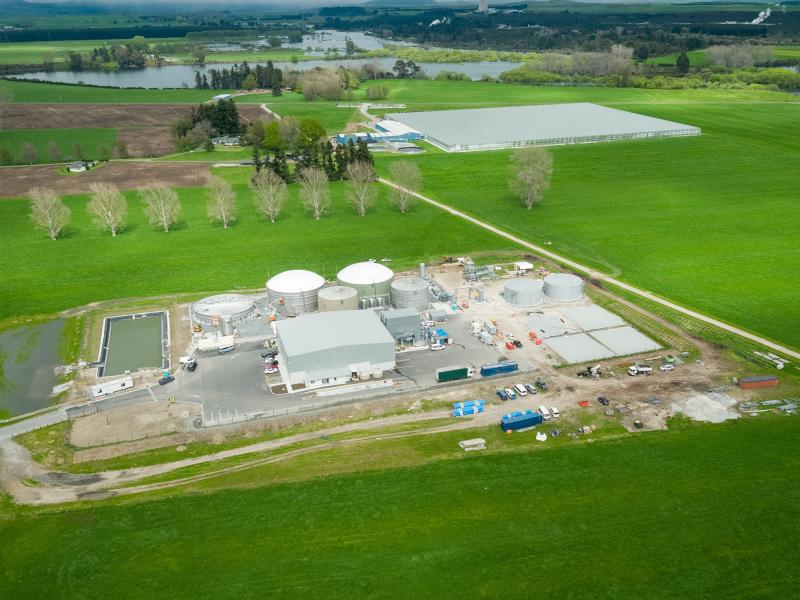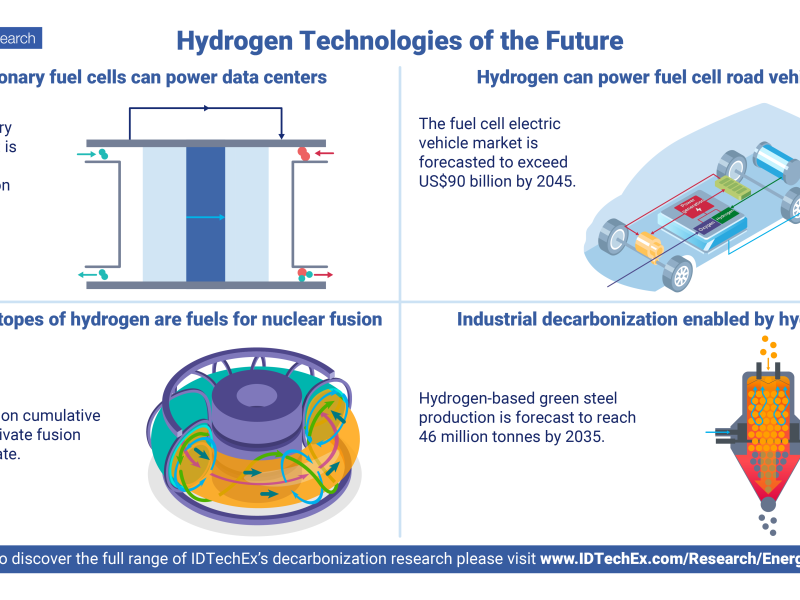The announcement that the Government has dropped the Sustainable Biofuels Obligation Bill is not surprising as the Government has consistently looked at the opportunities for greenhouse gas emissions reduction with the wrong lens. New Zealand is rich in sources of biomass which can produce greater economic and wellbeing opportunities for NZ Inc, including reduction of greenhouse gas emissions.
The biomass can be from forstry, wood processing or organic waste.
Brian Cox, Executive Officer of the Bioenergy Association said that “Government looks to what emissions reduction solutions we already have, rather than asking the question - what reduction solutions could we have? Our land is our biggest underutilised resource. We should be looking at the opportunities for creating opportunities from wise land use by asking – what greenhouse gas emission reductions could we do? Land owners are looking for improved land use, plus additional income from new products. We can also grow more trees if the demand for bio-based products is there.“
“We also have areas like the East Cape where improved utilisation of what we already grow can provide environmental and economic benefits to local communities, while avoiding the current problems from slash. Using the wood to produce transport biofuels or producing new types of wood fuel to replace coal used by large energy users such as Huntley power station, Fonterra or steel and concrete manufacturing. We could could do this if we were serious about assisting the East Cape.”
“Similarly we should be looking at our organic wastes going to landfill and investigating how they can be recycled into renewable gaseous biofuel to replace natural gas.”
Mr Cox said “Wood processing is an example of extracting value from the trees which we grow so well, and fast. Yet traditionally we have failed to look at how we can extract even greater value from those trees, particularly from the forest residues which we leave to rot on the ground, and from the low grade logs we export.”
“We have large areas of land which are not highly productively used, and often erode when storms arrive. Much of this steep or low productive land would be better managed, and produce increased value.”
“If Government is serious about reducing greenhouse gas emissiond from heavy transport and getting better value from the East Cape forestry then we need a collective task force supported by Government focused on creating sustainable business from East Cape Forestry and producing sustainable biofuels to reduce greenhouse gas emissions. Collective action has kick started the replacement of coal by biomass as fuel for process heat. We could achive similar from heavy transport decarbonisation if Government worked with the private sector.”
Bioenergy and biofuels sector






